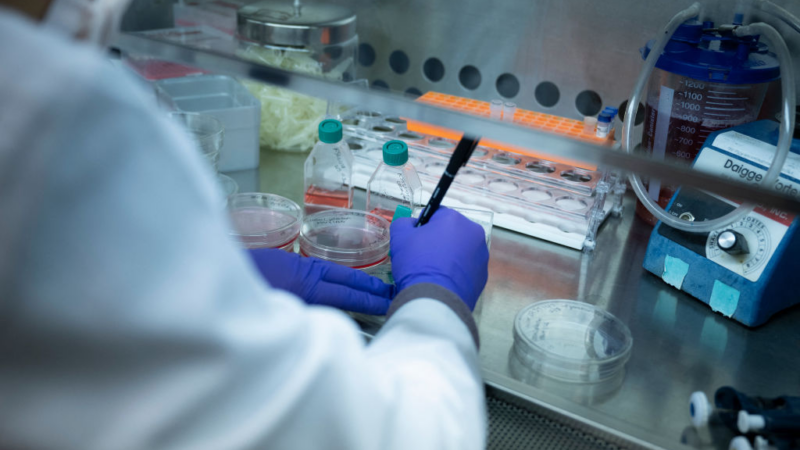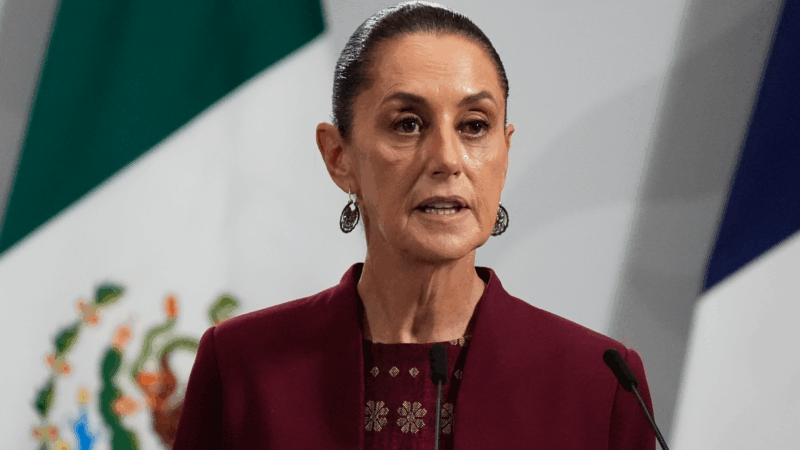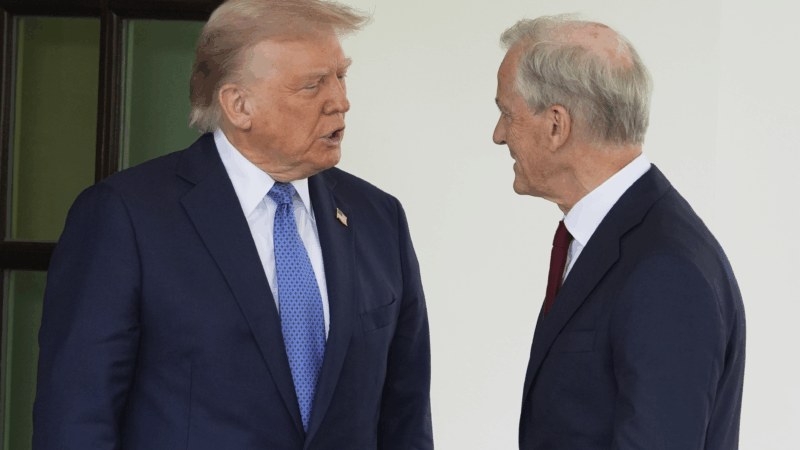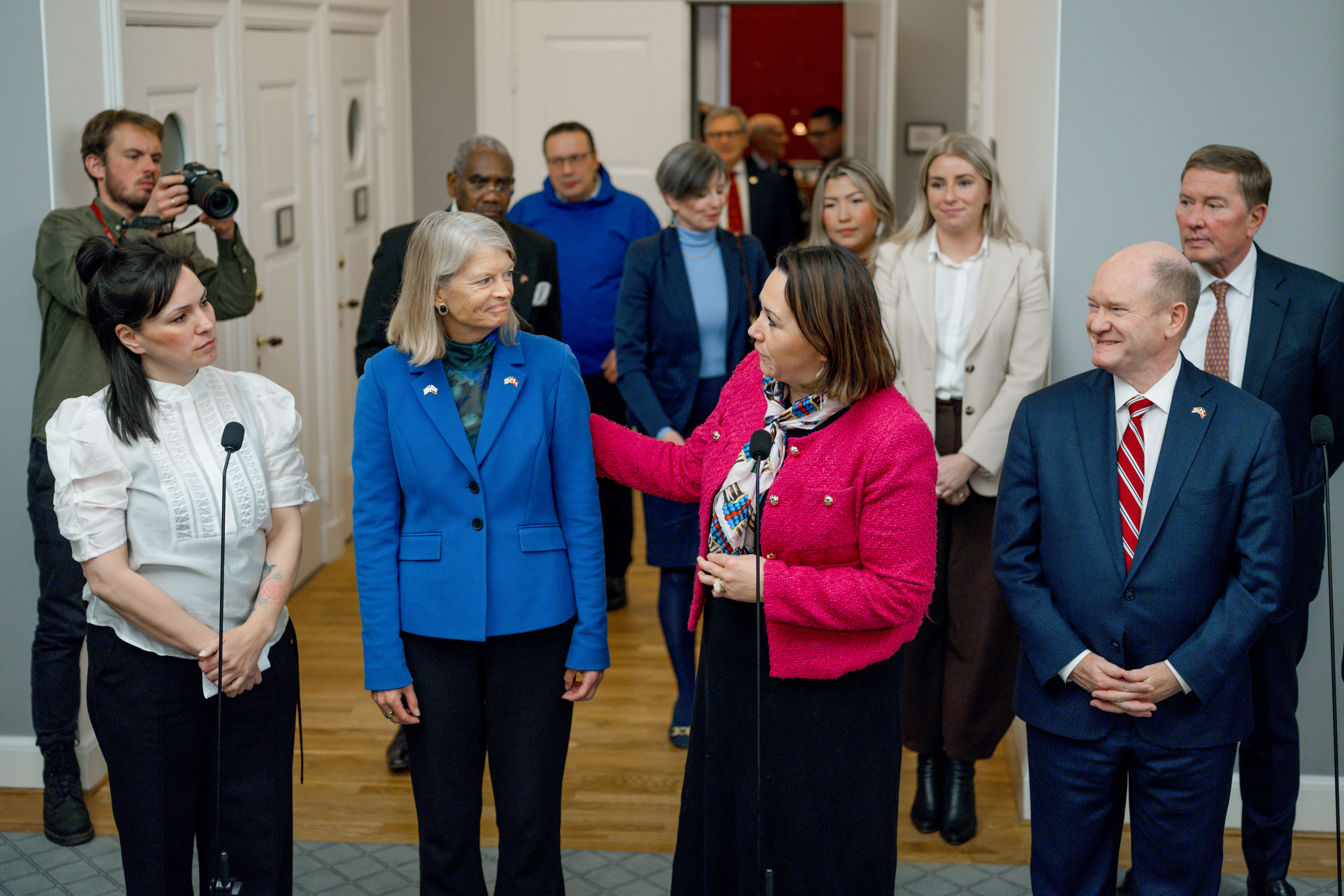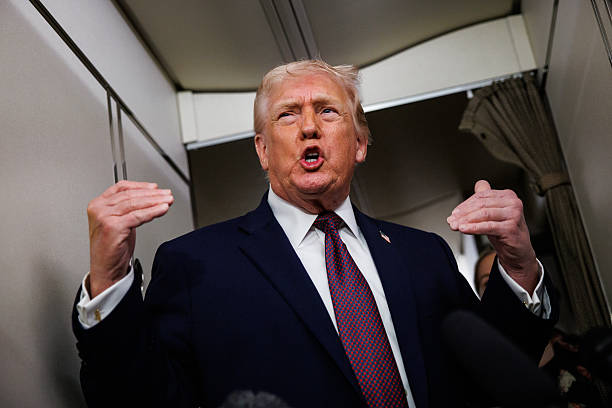NIH announces new funding policy that rattles medical researchers
The National Institutes of Health is capping an important kind of funding for medical research at universities, medical schools, research hospitals and other scientific institutions.
In the latest step by the Trump administration affecting scientific research, the NIH says the agency is limiting funding for “indirect costs” to 15 percent of grants. That’s far below what many institutions have been getting to maintain buildings and equipment and pay support staff and other overhead expenses. For example, Harvard receives 68 percent and Yale gets 67 percent, according to the NIH.
The NIH says the new policy, which marks a major change in how the agency funds research, is more in line what private foundations pay.
“Most private foundations that fund research provide substantially lower indirect costs than the federal government, and universities readily accept grants from these foundations,” the NIH says in a notification released Friday announcing the change.
“Although cognizant that grant recipients, particularly ‘new or inexperienced organizations,’ use grant funds to cover indirect costs like overhead…NIH is obligated to carefully steward grant awards to ensure taxpayer dollars are used in ways that benefit the American people and improve their quality of life,” the announcement says.
The NIH says the change will apply to both current and future grants, and even suggests the new policy would apply retroactively. But in response to questions Saturday, the Health and Human Services Department (HHS), which oversees NIH, told NPR that while HHS does “have the authority to make these changes retrospective for current grants and require grantees to return the excess overhead they have previously received,” officials have “currently chosen not to do so to ease the implementation of the new rate.” But “we will continue to assess this policy choice and whether it is in the best interest of the American taxpayer.”
NIH spent more than $35 Billion in 2023 fiscal year on nearly 50,000 grants to more than 300,000 researchers at more than 2,500 universities, medical schools, and other research institutions in the U.S., the agency says. This includes $9 billion for indirect costs.
The new policy, which goes into effect Monday, is being condemned by many researchers.
“This is a surefire way to cripple lifesaving research and innovation,” Matt Owens, president of the Council on Government Relations, an association of research universities and academic medical centers, said in a statement. “Reimbursement of facilities and administrative expenditures are part and parcel of the total costs of conducting world class research.”
Owens says his organization is “carefully reviewing this policy change as it contradicts current law and policy.”
“America’s competitors will relish this self-inflicted wound,” Owens says. “We urge NIH leaders to rescind this dangerous policy before its harms are felt by Americans.”
Those sentiments were echoed by other medical researchers.
“We’re all reeling,” Dr. George Daley, the dean of the Harvard Medical School, wrote NPR in an email. “This would decimate medical research.”
The announcement comes as many researchers are already anxious because of other steps the new administration has taken, including restricting communication and travel by the NIH and other federal health agencies and freezing some research grants.
Italian fashion designer Valentino dies at 93
Garavani built one of the most recognizable luxury brands in the world. His clients included royalty, Hollywood stars, and first ladies.
Sheinbaum reassures Mexico after US military movements spark concern
Mexican President Claudia Sheinbaum quelled concerns on Monday about two recent movements of the U.S. military in the vicinity of Mexico that have the country on edge since the attack on Venezuela.
Trump says he’s pursuing Greenland after perceived Nobel Peace Prize snub
"Considering your Country decided not to give me the Nobel Peace Prize… I no longer feel an obligation to think purely of Peace," Trump wrote in a message to the Norwegian Prime Minister.
U.S. lawmakers wrap reassurance tour in Denmark as tensions around Greenland grow
A bipartisan congressional delegation traveled to Denmark to try to deescalate rising tensions. Just as they were finishing, President Trump announced new tariffs on the country until it agrees to his plan of acquiring Greenland.
Can exercise and anti-inflammatories fend off aging? A study aims to find out
New research is underway to test whether a combination of high-intensity interval training and generic medicines can slow down aging and fend off age-related diseases. Here's how it might work.
Trump has rolled out many of the Project 2025 policies he once claimed ignorance about
Some of the 2025 policies that have been implemented include cracking down on immigration and dismantling the Department of Education.

